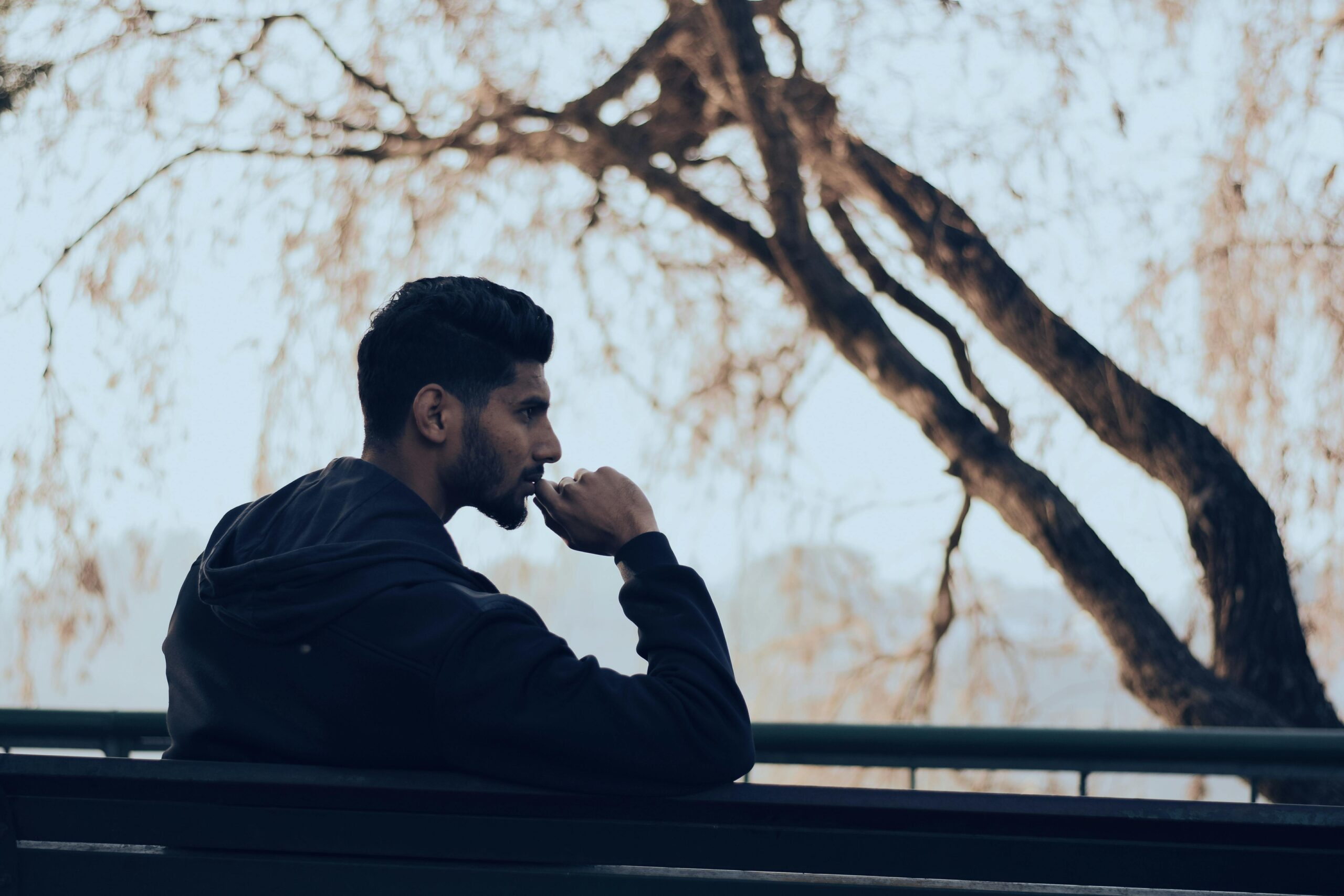Anxiety is a normal and natural part of life. Everyone feels anxious from time to time—before a big test, a job interview, or during major life changes. However, for some, anxiety becomes more than just occasional worry. It can develop into a persistent condition that interferes with daily life. But how exactly do you get anxiety, and what causes it to become a chronic issue?
Understanding the root causes of anxiety can provide valuable insight into how it develops and what can be done to manage it. Let’s explore the factors that contribute to anxiety and how it might manifest in your life.
The Biological Basis of Anxiety
Anxiety often stems from a combination of genetic, biological, and environmental factors. Here are a few key biological contributors:
- Genetics: Anxiety disorders can run in families. If you have close relatives who struggle with anxiety, there’s a higher chance you might experience it as well. Studies suggest that inherited traits can play a role in making some individuals more susceptible to anxiety.
- Brain Chemistry: Imbalances in neurotransmitters—such as serotonin, dopamine, and norepinephrine—can affect how the brain regulates mood and anxiety. When these chemical messengers are out of balance, anxiety can become more pronounced.
- Fight-or-Flight Response: The body’s natural response to stress, known as the "fight-or-flight" response, is an important survival mechanism. However, in individuals with anxiety, this response can become overactive, leading to feelings of fear or worry even in non-threatening situations.
Environmental Triggers of Anxiety
While biology plays a role, environmental factors and life experiences can trigger or worsen it. Some common environmental triggers include:
- Stressful Life Events: Major life changes—such as moving, starting a new job, financial difficulties, or the loss of a loved one—can trigger anxiety. The uncertainty and pressure that accompany these events may lead to feelings of worry and fear.
- Trauma: Experiencing trauma, whether in childhood or adulthood, can contribute to the development of anxiety. People who have gone through abuse, accidents, or other traumatic events are often more likely to struggle with anxiety disorders, including post-traumatic stress disorder (PTSD).
- Chronic Stress: Ongoing stress from work, relationships, or other areas of life can lead to chronic anxiety. When stress builds up over time without being properly managed, it can overwhelm the body and mind, creating a constant state of worry.
- Substance Use: The use of certain substances, such as caffeine, alcohol, or drugs, can contribute to anxiety. In some cases, substances may trigger anxiety attacks, while long-term use of certain drugs may alter brain chemistry and worsen symptoms.
Personality
Certain personality traits may make individuals more prone to anxiety. For example, people who are perfectionists or have high expectations for themselves may experience higher levels of stress and anxiety when things don’t go as planned. Additionally, individuals who are naturally more sensitive or introverted may feel overwhelmed in social situations or when faced with conflict, leading to increased anxiety.
Health Conditions
Sometimes, it is linked to underlying health conditions. Individuals with chronic illnesses, heart disease, or hormonal imbalances may experience anxiety as a symptom of their condition. Additionally, some mental health disorders, such as depression or obsessive-compulsive disorder (OCD), often occur alongside anxiety, making it more difficult to manage.
Can It Be Prevented?
While you may not always be able to control the factors that lead to it, there are ways to manage it effectively. Taking care of your mental and physical health can reduce the likelihood of it becoming overwhelming. Strategies to prevent or manage anxiety include:
- Regular Exercise: Physical activity has been shown to reduce stress and anxiety levels. Exercise releases endorphins, which can improve your mood and help you relax.
- Mindfulness and Relaxation Techniques: Practices like meditation, deep breathing, and yoga can help calm the mind and reduce anxiety symptoms.
- Healthy Sleep Habits: Lack of sleep can exacerbate anxiety, so it’s important to maintain a regular sleep schedule and create a restful environment.
- Seeking Therapy: If anxiety starts to interfere with your daily life, seeking professional help is a powerful step toward managing it. Therapy, such as cognitive behavioral therapy (CBT), can help you understand and reframe anxious thoughts.
When to Reach Out for Help
If you find that anxiety is impacting your ability to function, it’s essential to reach out for help. At Keys Behavioral Health, we specialize in treating anxiety and other mental health conditions. Our experienced team offers both virtual and in-person therapy, making it easier for you to get the care you need, no matter where you are. Whether you're dealing with generalized anxiety, social anxiety, or panic attacks, we’re here to help you navigate your symptoms and find relief.
Don’t let anxiety take over your life—reach out to Keys Behavioral Health today to learn how we can support you in your journey to better mental health.
